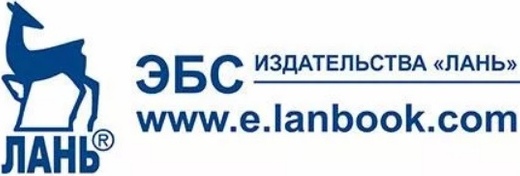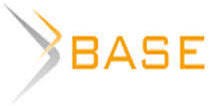
Igor V. Lyashenko
Scientific degree: Ph.D. in philology
Academic rank: Associate Professor
Country: Russia
City: Belgorod
Organization: Belgorod State National Research University
Position: Associate Professor of the Department of English Philology and Intercultural Communication
Education – graduated from the Pyatigorsk State Pedagogical Institute of Foreign Languages, specializing in English and German languages, qualified as a Teacher of English and German in secondary school (1993).
Academic degree – Candidate of Philological Sciences, specialty 10.02.04 Germanic languages. PhD thesis on "The Linguistic Essence and Pragmatic Functions of Ethnic Nicknames: Based on the Material of the English Language" was defended at the Dissertation Council in Pyatigorsk (2003)
Position – Associate Professor of the Department of English Philology and Intercultural Communication, Institute of Intercultural Communication and International Relations, Belgorod State National Research University
Research interests: specialist in the field of onomastics, theory and practice of translation (interpretation).
- the set of historical, social and psychological reasons for the emergence of ethnic nicknames has been disclosed;
- the socio- and pragmalinguistic functions of nicknames have been highlighted, their place in the language system is determined;
- the most characteristic ways of forming ethnic nicknames have been disclosed, and also their classification in accordance with a complex of features determined by the categories of internal and external motivation has been developed.
Scientific status: has various publications in the field of sociolinguistics, ethno- and linguistic conflictology, onomastics, theory and practice of translation (interpretation). Author of more than 30 scientific works, including Scopus - 3, Web of Science - 4, publications indexed in the RISC - 20 (Hirsch index - 4), monographs - 2, textbooks - 22 (on translation practice covering such areas of knowledge, as agriculture, political science, telecommunications, food processing, etc.). Member of the Union of Translators of Russia. Practicing translator (interpreter).
- Commendation from the rector of the Belgorod State National Research University (2018).
RISC SPIN-code: 3075-6994, Scopus Author ID: 56436053200,
ORCID: 0000-0001-7911-8228.
Major works:
Author of more than 30 scientific papers, of which Scopus - 3, Web of Science - 4, in publications indexed in the RSCI - 20 (Hirsch index - 3) monographs - 2, textbooks - 22 (on translation practice, covering such areas of knowledge as agriculture, political science, telecommunications, food industry, etc.).
- Drygina, Y.A., Kuptsova, Y.A., Lyashenko, I.V., Mashkova, E.V., Shevchenko, E.M. Linguistic Characteristics of Nouns Representing the Concept of Power in American Political Discourse // Journal of Research in Applied Linguistics. 2019.10 (SpecialIssue). Pp. 409-415
- Drygina Yu.A., Lyashenko I.V. Representation of the concept of power in the American political debate (based on the material of D. Trump's speeches) // Cognitive language studies. 2019. No. 37. Pp. 454-459.(in Russian)
- Lyashenko I.V., Fedyunina I.E. Ethnic Nicknames of Russians in the Ukrainian and Russian Blogosphere // Scientific Result. Questions of theoretical and applied linguistics. 2017. Vol. 3. No. 1. Pp. 42-48. (in Russian)
- Lyashenko I.V. Ethnic Nicknames of Ukrainians in the Russian and Ukrainian blogosphere // Scientific result. Series: Questions of theoretical and applied linguistics. 2014. Vol.1. No. 2 (2). Pp. 110-119. (in Russian)
- Lyashenko I.V. On the Expressiveness of Ethnic Nicknames Used in the American Cross-Cultural Space // Philological Sciences. Questions of Theory and Practice. 2011. No. 3 (10). Pp. 89-91. (in Russian)
- Lyashenko I.V. On Some Reasons for the Use of Ethnofolisms in the Modern English-Speaking Cross-Cultural Space // Philological Sciences. Questions of Theory and Practice. 2011. No. 3 (10). Pp. 86-88. (in Russian)
















